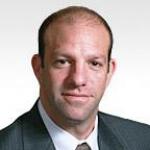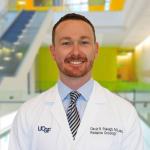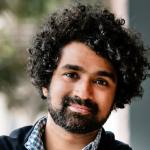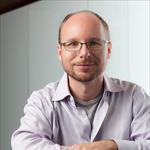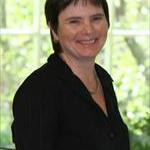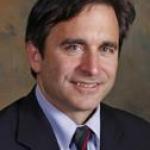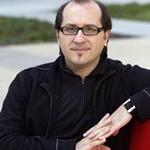The UCSF Helen Diller Family Comprehensive Cancer Center is an interdisciplinary initiative that combines basic science, clinical research, epidemiology/cancer control, and patient care throughout the University of California, San Francisco. The Center's mission is the discovery and evolution of new ideas and information about cancer, from basic research to clinical implementation.
UCSF's long tradition of excellence in cancer research includes, notably, Nobel Prize-winning work of J. Michael Bishop and Harold Varmus, who discovered cancer-causing oncogenes. Their work opened new doors for exploring genetic mistakes that cause cancer and formed the basis for some of the most important cancer research happening today.
Basic scientific research underpins all of our efforts to design and evaluate new tools to treat cancer patients everywhere. Hence, cancer research at UCSF encompasses studies on the regulation of the eukaryotic cell division cycle, exploration of the machinery and the control of programmed cell death (apoptosis), regulation of cellular lifespan and the acquisition of cellular immortality, the control of DNA repair, the role of the immune system in cancer initiation and progression, tumor angiogenesis, cell invasion and metastasis and the design and application of mouse models of human cancer. Information of the broad range of cancer research activities can be found at the Cancer Center webpage.




